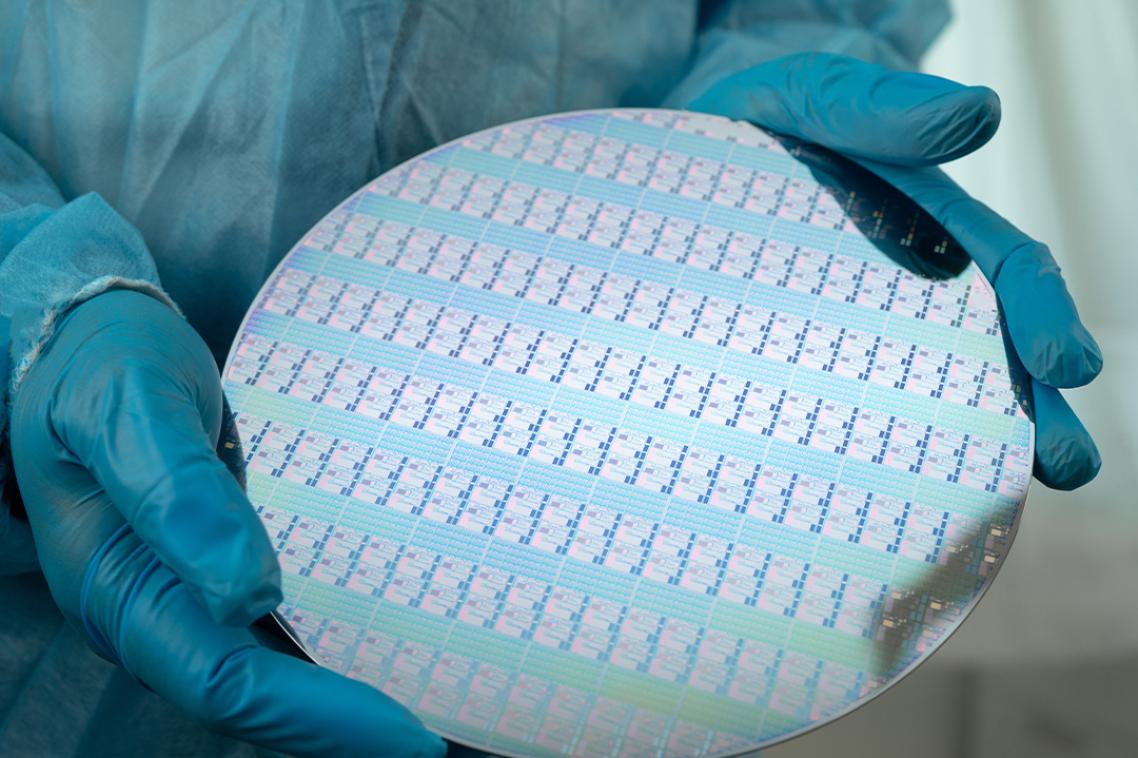Macadamia nuts offer a source of disease resistance for tropical crops
Macadamia nuts may hold the key to developing disease resistant banana, sugarcane and sunflower varieties, according to University of Queensland researchers.
A research team from the University's Co-operative Research Centre for Tropical Plant Pathology screened 250 Australian native plant seeds for proteins offering broad range resistance to crop diseases.
Proteins from the Australian native plant macadamia (Macadamia integrifolia) have been found to possess excellent antifungal and antibacterial properties against a number of commercially important pathogens affecting tropical crops.
Further testing will establish the proteins' viability for use in new varieties of tropical crops such as banana, sunflower and sugarcane.
Led by the Centre Deputy Director Dr John Manners, the project investigating and identifying anti-fungal proteins began in 1993 and is funded by the Grains Research and Development Corporation, the Sugar Research and Development Corporation (SRDC) and the CSIRO.
The SRDC sponsors work by PhD student Stuart Harrison. Other researchers involved in the project include senior research officer Dr Ken Goulter, postdoctoral research fellow Dr John Marcus, research assistant Jodie Green and Dr Don Maclean of the Biochemistry Department.
Mr Harrison said effective proteins may be used individually or in combination to reinforce crop plants' own defence mechanisms. Macadamia-derived proteins were effective barriers against sclerotina in sunflower and yellow sigatoka in banana, he said. Both diseases caused plant tissue death, rendering crops useless.
He said Australian native plants were chosen because they had not been investigated by other major groups located in the northern hemisphere.
'Seeds of Australian native plants are an unexploited source of antimicrobial proteins,' he said.
A DNA sequence corresponding to the macadamia antimicrobial protein was cloned from the source plant (Macadamia integrifolia). The gene was then introduced into tobacco using standard transgenic techniques, which allows a single gene to be introduced into the target plant's genome. The protein is then expressed in tobacco and its effect on disease resistance assessed.
For more information, contact Dr Manners (telephone 3870 3773) or Mr Harrison (telephone 3365 2815).
Related articles

Sunshine state to the slopes - Georgia Gunew’s path to the Winter Paralympics

Superconducting germanium made with industry-compatible methods
Media contact
UQ Communications
communications@uq.edu.au
+61 429 056 139
